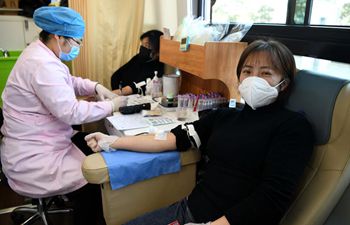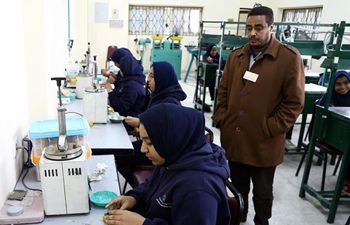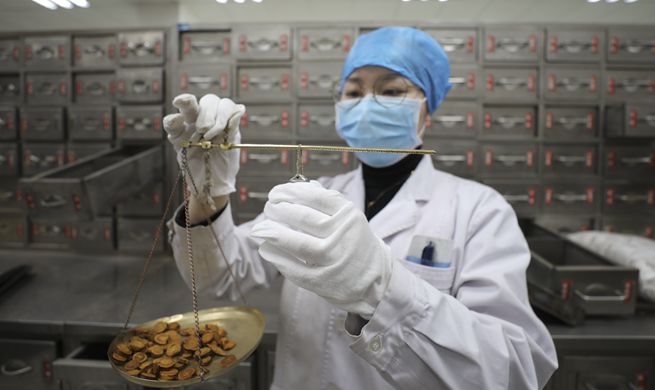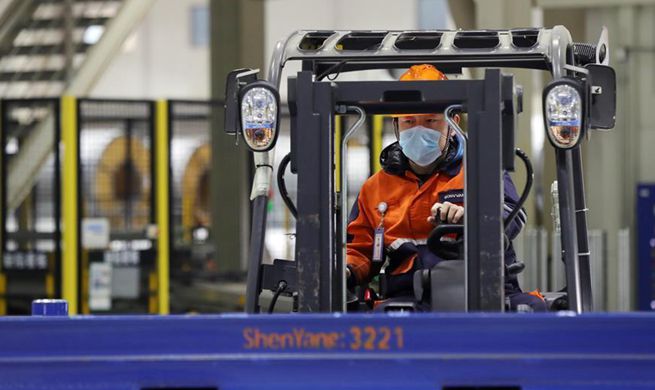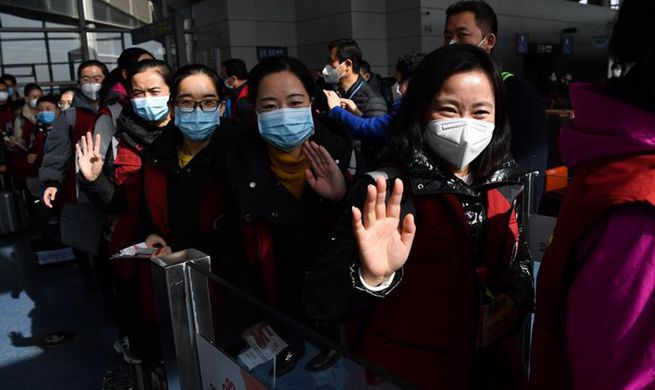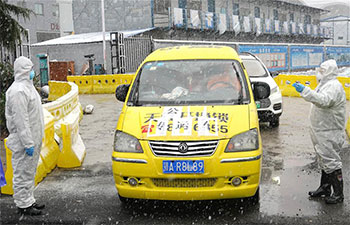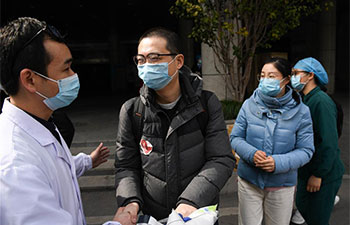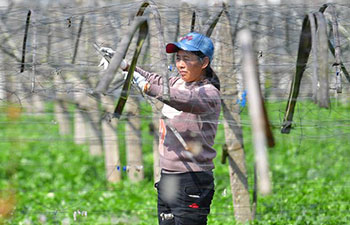UNITED NATIONS, Feb. 18 (Xinhua) -- United Nations Undersecretary-General for Humanitarian Affairs and Emergency Relief Coordinator Mark Lowcock on Tuesday told the UN Security Council that stopping the world's largest aid operation would be fatal for millions of Yemeni people.
"Stopping the world's largest aid operation would be fatal for millions of people," said the UN humanitarian chief.
Lowcock said that Ansar Allah (the Houthi movement in Yemen) authorities asked non-governmental organizations (NGOs) to sign agreements that would not be consistent with humanitarian principles. About 40 percent of NGO projects last year went unapproved. It has also been suggested that NGOs pay a 2 percent tax to fund the authorities' aid coordination body.
"The situation is unacceptable," he noted.
Echoing the statement of the UN Secretary-General Antonio Guterres delivered last week, Lowcock reiterated the importance of sustaining the humanitarian operation, and supported continued dialogue with all the interested parties to ensure that help reaches all those who need it in accordance with humanitarian principles.
Noting that the humanitarian operation in Yemen is "extremely worrying," Lowcock said that hostilities have escalated significantly along several fronts, most notably in the governorates of Marib, al-Jawf and Sana'a.
"Fighting in these areas has displaced more than 35,000 people since January," he said.
"This escalation, in addition to clashes in other places, has reversed the trend towards decreasing civilian casualties that we had seen in previous months. As January assessment suggests, more than 160 civilians were killed or wounded across Yemen," said the UN humanitarian chief.
"Ten days ago, hostilities badly damaged two hospitals in Marib and injured a health worker. These hospitals had already closed because of fighting in the area, depriving 15,000 people of medical care," he said.
Turning back to humanitarian access, Lowcock said that "access is essential if we are to continue saving millions of lives across Yemen."
He said that in the south of the country, humanitarian agencies "have to wait too long to get projects approved."
"Last year, we estimate that about 30 percent of NGO projects were not taken forward because the government failed to agree them. Efforts to carry out a multi-sectoral needs assessment have recently stalled," he noted.
On a positive note, he said that amid all these challenges, the humanitarian operation has continued to deliver.
"The World Food Programme report they are still providing food assistance to more than 13 million people every month. The World Health Organization carries out more than 1.5 million medical consultations a month. And UN Children's Fund and others report that support to water networks benefitted an average of nearly 4 million people a month between September and December last year," he said.
Speaking of the country's economy, Lowcock said that because Yemenis depend almost entirely on commercial imports for food, fuel, medicine and other basic goods, it is essential to keep all ports open.
"Most food and fuel imports still come in through Hodeidah or Saleef," he added.
He called on parties concerned to cease hostilities, noting that "peace is the only way to end the humanitarian crisis in Yemen."





